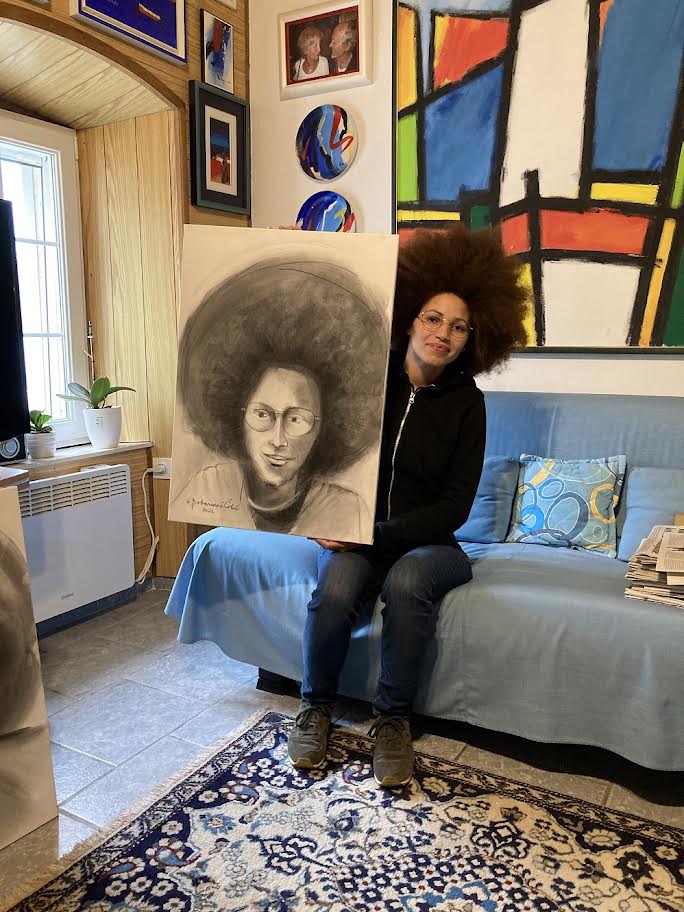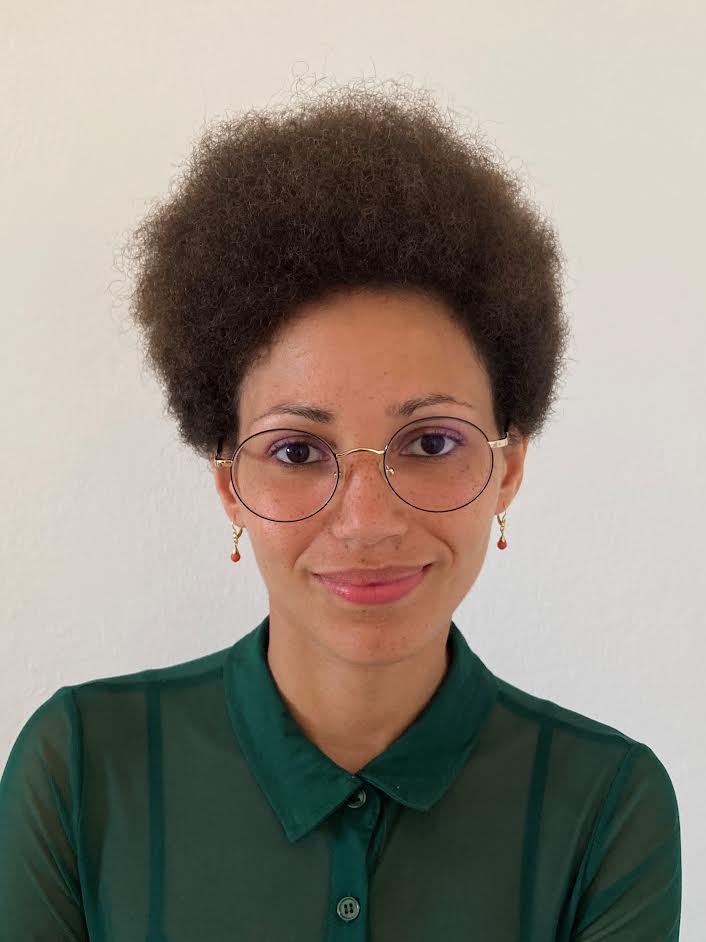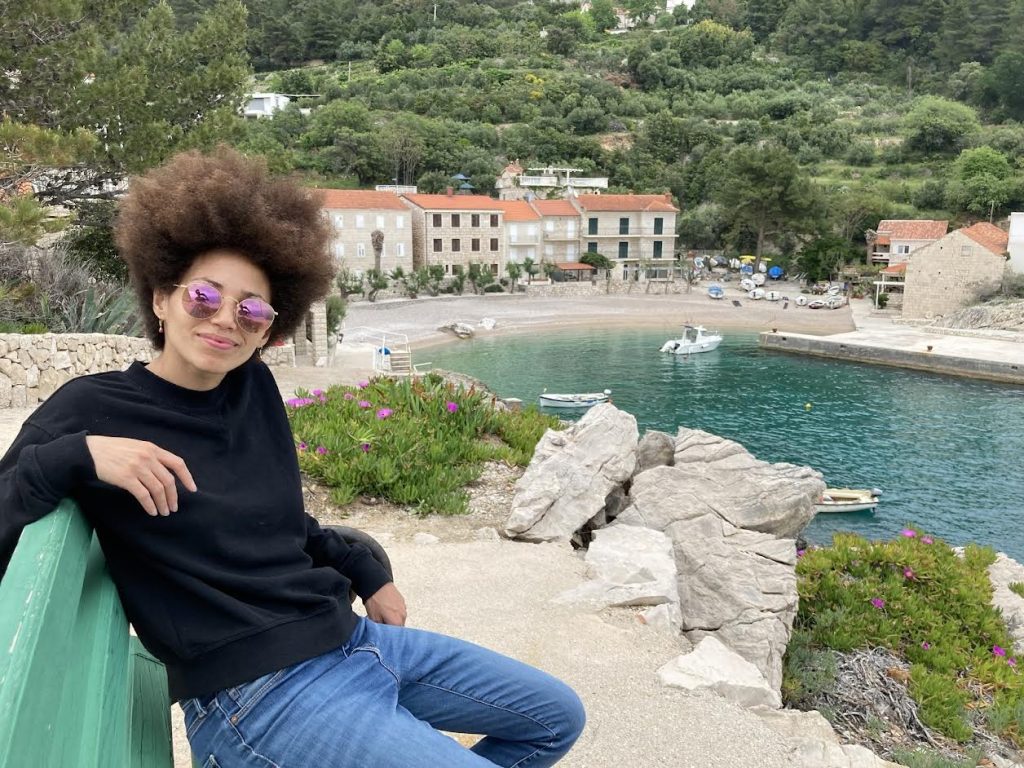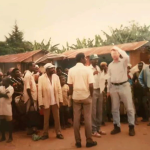When I was a high school student in Zagreb from 2005 to 2007 I could go months without seeing people of African descent anywhere. For the entire first year I was the only student of African origins in the school. I remember how seeing an African in the street was memorable because it felt like a rare snippet of home. Nowadays that is no longer the case.
I can’t say that I really experienced racism or hate in Croatia. The closest thing to prejudice I experienced was on a walk on Jarun as a teenager. My friend and I were about to pass a man walking towards us with a little girl, possibly his daughter. As they got closer he glared at me with disgust and grabbed his daughter closer. “Ciganka!” He exclaimed. That’s the Croatian word for gypsy woman. I was saddened by his reaction but also not offended because I felt it came more from a place of ignorance rather than hatred. That was one of two occasions on which I was mistaken for a gypsy.
Most Croats who don’t know me mistakenly assume that I don’t understand Croatian and proceed to gossip about me in front of my face. However, rarely is it insulting or malicious. Most commonly they comment about my hair. I’m okay with comments, even those directed at me. I’ll even answer questions sometimes. The thing I don’t like is when people assume it’s just okay to touch my hair without asking. There are four words that Africans with natural hair often want to say to the ill-informed Croat who encroaches on personal space. Solange captured them in the title of her song “Don’t touch my hair”.

As the demographics of this country inevitably shift, some of the challenges faced globally by non-white minorities will begin to surface here too. The biggest issue, I believe, is ignorance within the majority population. Croatia has been almost completely white for a very long time. People are open, they want to interact, the thing is that they don’t know how to because they haven’t had to before.
As with most things the solution here is to educate people and one of the best ways of it happening organically is through exposure. The more we welcome people of colour here the more effortless integration will become for all.
It also helps to remember that people’s reactions come from a place of innocence. People are in awe when they see people who look nothing like those who they encounter in their daily lives. If you look different you’re on display. You get used to it and while the population of non-whites remains so small it comes with a responsibility too – you represent your race with your behavior and responses.

It is my hope that the description of “that Black woman who speaks Croatian”, often used to refer to me, will become less surprising as more Black men and women learn the language and themselves become a part of the Croatian community.
My only fear is that many non-whites are coming here as migrant workers to fill in the labour shortages, which may skew perceptions of them. They’re entering a social class that is looked down upon no matter what race you are. I hope Croatia becomes home to a good number of African doctors, engineers and people in places of leadership to combat the stereotype of the Black labourer and serve as hope to a demographic of people who may mainly be confined to the working class in Europe.
On my last extended trip to Zagreb in January not a day went by without my spotting a person of colour in the streets around the main square. It’s refreshing. I hope that locals will recognise the wealth that diversity has to offer a nation and embrace it.
Read more… What is It Like for Black People Living in Croatia?










